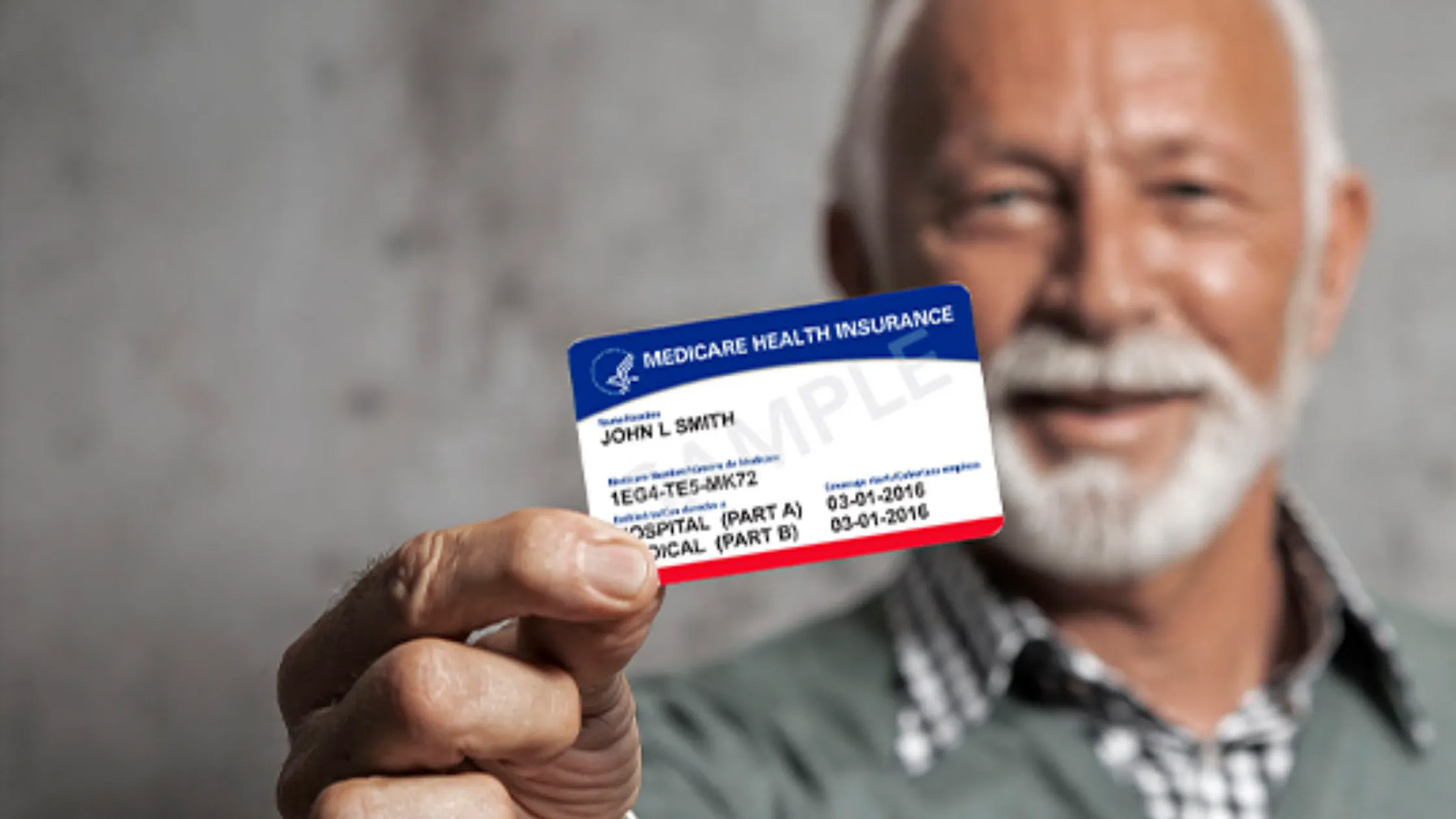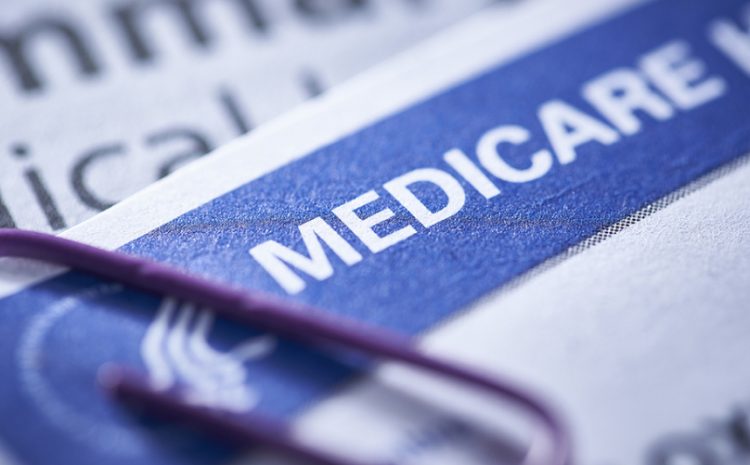

Medicare Insurance Agent, insurance and medicare advisory
Mike Wilson is a Medicare Insurance Agent at MedicarePal,
- Written on August 10, 2025
- Updated August 17, 2025
At MedicarePal we strive to help you make smarter financial decisions. While we adhere to strict
Key Principles
We value your trust. Our mission is to provide readers with accurate and unbiased information, and we have editorial standards in place to ensure that happens. Our editors and reporters thoroughly fact-check editorial content to ensure the information you’re reading is accurate. We maintain a firewall between our advertisers and our editorial team. Our editorial team does not receive direct compensation from our advertisers.
MedicarePal follows a strict editorial policy, so you can trust that our content is honest and accurate. Our award-winning editors and reporters create honest and accurate content to help you make the right financial decisions. The content created by our editorial staff is objective, factual, and not influenced by our advertisers.
We’re transparent about how we are able to bring quality content, competitive rates, and useful tools to you by explaining how we make money.
Medicarepal is an independent, advertising-supported publisher and comparison service. We are compensated in exchange for placement of sponsored products and, services, or by you clicking on certain links posted on our site. Therefore, this compensation may impact how, where and in what order products appear within listing categories, except where prohibited by law for our mortgage, home equity and other home lending products. Other factors, such as our own proprietary website rules and whether a product is offered in your area or at your self-selected credit score range can also impact how and where products appear on this site. While we strive to provide a wide range offers, Bankrate does not include information about every financial or credit product or service.
Medicare, the federal health insurance program primarily for Americans aged 65 and older, offers a variety of benefits to ensure seniors have access to essential healthcare services. One lesser-known facet of Medicare is the Medicare Part B Giveback program, designed to provide financial assistance to beneficiaries living in specific areas with high healthcare costs. In this informative post, we will explore the Medicare Part B Giveback program, its key features, eligibility criteria, and how zip codes play a crucial role in determining who can benefit from this valuable initiative.
Understanding the Medicare Part B Giveback Program:
The Medicare Part B Giveback program, also known as the Medicare Savings Program (MSP), is a state-administered initiative aimed at helping low-income Medicare beneficiaries with their healthcare costs. While it may not be as widely recognized as other Medicare programs, it plays a vital role in ensuring that eligible individuals can afford their Medicare Part B premiums and related out-of-pocket expenses.
Key Features of the Medicare Part B Giveback Program:
- Financial Assistance: The primary goal of the Medicare Part B Giveback program is to offer financial relief to eligible beneficiaries by covering some or all of their Medicare Part B premiums. This assistance can be a significant relief for many seniors, as Part B covers doctor visits, outpatient services, preventive care, and medical supplies.
- Eligibility Criteria: Eligibility for the Medicare Part B Giveback program is primarily determined by income and asset requirements, which can vary from state to state. Generally, the program targets low-income individuals and families who struggle to cover their Medicare expenses.
- Medicaid Connection: The Medicare Part B Giveback program is closely linked to Medicaid, another government program designed to provide healthcare assistance to low-income individuals and families. Eligibility for the Medicare Part B Giveback program often qualifies individuals for Medicaid, further expanding their access to healthcare services.
- Automatic Enrollment: In some states, individuals who are eligible for the Medicare Part B Giveback program are automatically enrolled, simplifying the application process and ensuring that those in need receive assistance promptly.
- Various Levels of Assistance: The program may offer different levels of assistance, depending on income, household size, and other factors. Some beneficiaries may have their Part B premiums fully covered, while others may receive partial assistance.
Eligibility for the Medicare Part B Giveback Program:
Eligibility for the Medicare Part B Giveback program is primarily determined by income and asset limits. While specific requirements can vary by state, here are some general eligibility criteria:
- Income: To qualify for the program, individuals and couples must have income levels that fall below a certain threshold set by their state. Income includes sources such as Social Security benefits, pensions, wages, and other forms of earnings.
- Asset Limits: The program also considers the value of an individual’s or couple’s assets, including bank accounts, investments, and real estate. Asset limits vary by state and are typically lower for individuals and couples with higher income.
- Citizenship or Legal Residency: Eligibility for the Medicare Part B Giveback program generally requires U.S. citizenship or legal residency. Beneficiaries may need to provide proof of their immigration status.
- Medicare Part B Enrollment: To benefit from the program, individuals must be enrolled in Medicare Part B. This coverage is essential as it helps pay for doctor visits, outpatient services, and preventive care.
- Residency and Zip Codes: Some states may further restrict eligibility based on residency within specific zip codes or regions, particularly when determining the extent of assistance based on local cost-of-living factors.
The Role of Zip Codes in Medicare Part B Giveback Program:
While zip codes themselves do not determine eligibility for the Medicare Part B Giveback program, they play a vital role in determining the level of assistance beneficiaries receive. Here’s how zip codes are involved:
- Cost-of-Living Adjustments: Medicare Part B premiums are generally standard across the country. However, some states and regions may have higher costs of living, affecting beneficiaries’ ability to afford healthcare. Zip codes help determine the cost-of-living adjustments applied to the assistance provided.
- State-Specific Criteria: Some states may use zip codes or geographic regions to establish specific income and asset limits for eligibility within the Medicare Part B Giveback program. These state-specific criteria help tailor the program to local economic conditions.
- Variation in Assistance: The cost of living can significantly vary from one zip code to another within the same state. Therefore, the assistance provided under the program may vary based on the zip code of the beneficiary’s residence, ensuring that those in higher-cost areas receive adequate support.
- State Implementation: States have the flexibility to implement the program according to their unique demographics and healthcare landscape. Zip codes are often used as a practical way to address regional disparities and ensure equitable access to assistance.
The Medicare Part B Giveback program is a crucial resource for low-income Medicare beneficiaries, offering financial assistance to help cover healthcare costs. While eligibility criteria are primarily determined by income and assets, the specific zip codes within each state that qualify for the program may vary. Understanding the role of zip codes in the Medicare Part B Giveback program emphasizes the importance of local cost-of-living factors in ensuring that those in need can access essential healthcare services regardless of their financial circumstances.
Was this page helpful?
Medicare Pal adheres to stringent sourcing guidelines, prioritizing primary sources including medical organizations, government agencies, academic institutions, and scholarly journals with peer review. Discover the methods we use to guarantee the accuracy, comprehensiveness, and impartiality of our content in our editorial guidelines.

Do You Need Help With Medicare?
Call us Now 1-866-706-7293









